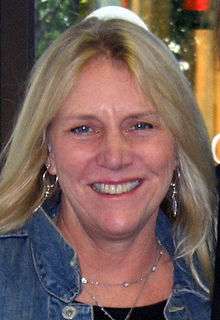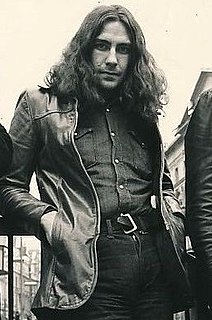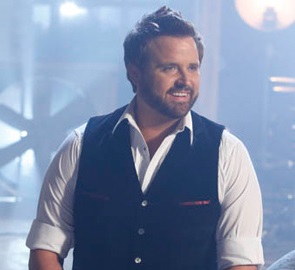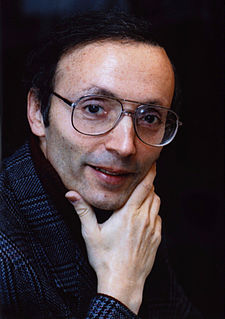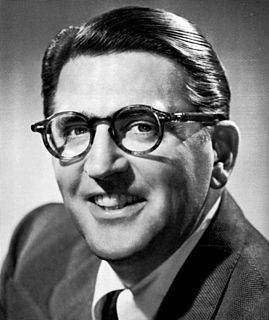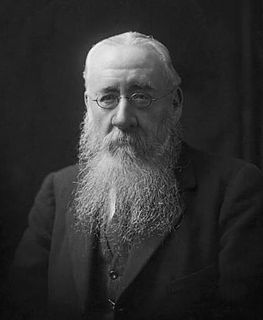A Quote by Cab Calloway
You don't think it was because a white man wrote it, a black man wrote it, a green man wrote it. What-doesn't make a difference!
Related Quotes
I've never seen a sincere white man, not when it comes to helping black people. Usually things like this are done by white people to benefit themselves. The white man's primary interest is not to elevate the thinking of black people, or to waken black people, or white people either. The white man is interested in the black man only to the extent that the black man is of use to him. The white man's interest is to make money, to exploit.
There is a big difference between No. 1 and No. 2. I don't care who wrote it. I'd love to one day have a No. 1 that I wrote, but if that ain't in the cards, whatever. My job is right now is to make the best music I can and try to get it to the people, whether it be something that I wrote or not. It's my job to be the best I can for the fans.
I took to writing as my medicine to help me stay afloat in acting career journey. I wrote about me breaking hearts, and my heart being broken. I wrote about my views whether they were liberal or conservative. I wrote about everything. I wrote about my life. When I did not have paper coming in as green backs, I'd use random pieces of paper for stories. It was like, I got no money, but I have paper to write. So I wrote.
I wrote 'Yellow Submarine' for the Beatles. I wrote the screenplay for 'The Games,' about the Olympic Games. I wrote 'Love Story,' both the novel and the screenplay. I wrote 'RPM' for Stanley Kramer. Plus, I wrote two scholarly books and a 400-page translation from the Latin, and I dated June Wilkinson!
I can't turn around without hearing about some 'civil rights advance's White people seem to think the black man ought to be shouting 'hallelujah's Four hundred years the white man has had his foot-long knife in the black man's back — and now the white man starts to wiggle the knife out, maybe six inches! The black man's supposed to be grateful? Why, if the white man jerked the knife out, it's still going to leave a scar!
Regarding The Music Man, Jay Nordlinger wrote: The Music Man (for which Willson also wrote the lyrics) is an astonishing creation. It came in a spurt of brilliance. It is shot through with originality, verve, and-why not go all the way?-genius. People love it, can't get enough of it, can't stop performing it-and they are not wrong. For closing in on a half- century now, The Music Man has been performed continually, in every American city, town, and village, and in other parts of the world as well, not excluding Peking.
... the man took my passport and asked me the purpose of my visit, I wrote in my daybook, 'To mourn,' and then, 'To try to live,' he gave me a look and asked if I would consider that business or pleasure, I wrote, 'Neither.' 'For how long do you plan to mourn and try to live?' I wrote, 'For the rest of my life.

